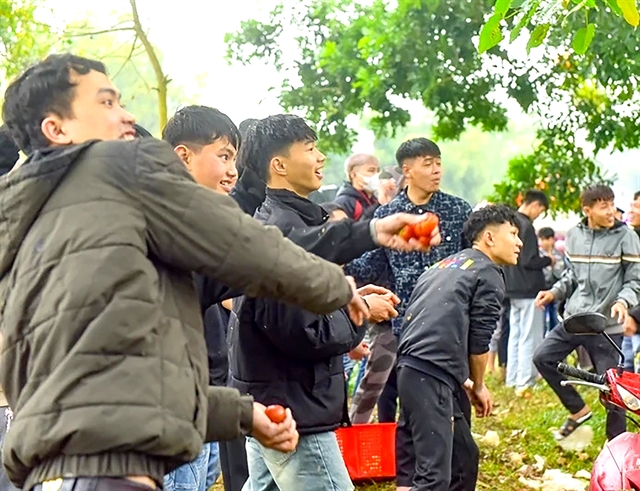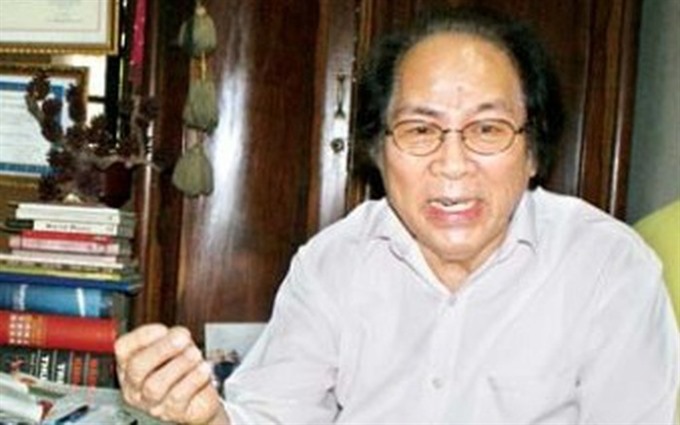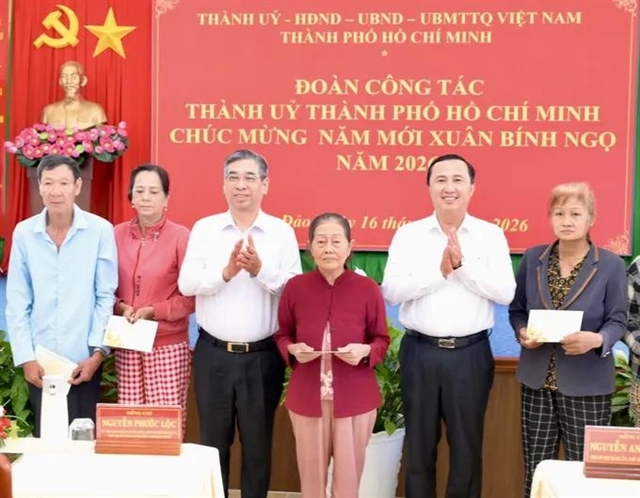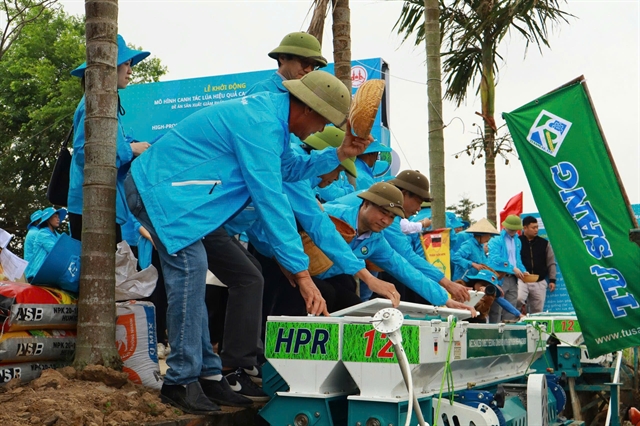 Life & Style
Life & Style

" />Since its establishment in 2000, the Centre for Research, Conservation and Development of Traditional Culture has spared no efforts in introducing traditional arts to young people.
 |
| Prof Hoàng Chương |
Since its establishment in 2000, the Centre for Research, Conservation and Development of Traditional Culture has spared no efforts in introducing traditional arts to young people.
Prof Hoàng Chương, director of the centre, shared with Hồng Hà his thoughts on a recent project on introducing traffic culture through performing arts, what the centre has done and will do to help the youth return to the roots of their culture.
The recent project on introducing traffic culture through mass media and performing arts is a practical one. Has the project met your initial purpose?
We have tried our best to call for co-operation of the whole community to send the message about better behaviour on the road through arts shows.
After six years, there have been 20 comedies, four plays, many books and CDs released.
Water puppet shows, and other folk singing like hát xẩm (blind busker’s singing), hát văn (ceremonial singing), quan họ (love duet singing) have been performed with the main message of educating people to drive properly.
What do you think the centre has achieved in its 17 years?
The centre’s made great efforts have achieved considerable results. The centre has just received a merit certificate from the Prime Minister.
The success of the School Theatre Project is a typical example. It was implemented between 2001 and 2015 in more than 100 schools in 25 cities and provinces. Professional artists taught pupils traditional theatrical arts like tuồng (classical drama), chèo (traditional opera), cải lương (reformed opera), folk songs and dramas. The schools were also equipped with performance facilities.
The centre has helped the youth understand and love folklore and respect traditional values.
We consider this project one of the most basic methods to popularise and educate the young and enhance their awareness and pride in preserving and developing traditional heritage.
Thousands of pupils have enjoyed our shows. Many registered for courses to learn đàn tranh (16-string zither), đàn bầu (monochord) and singing folk songs.
Results can be seen in schools in HCM City, Hà Nội, Đà Nẵng, Quảng Nam, Ninh Bình and Phú Thọ.
Will this project be resumed?
The project has been ended. Yet in some areas artists are still continuing. For example, since the beginning of this year, some artists have introduced traditional arts to 30 schools in HCM City.
Senior artists like Kim Cương, Thủy, Phượng Liên and Huỳnh Khải and many young ones have been joining extra-curricular activities at the schools.
What are the centre’s plans for the near future?
We are about to publish a CD on traffic culture, which consists of folk melodies with lyrics about the subject. Traffic rules will be combined with the lyrics very subtly but vividly. I think it’s a new way to preserve traditional music values. — VNS




